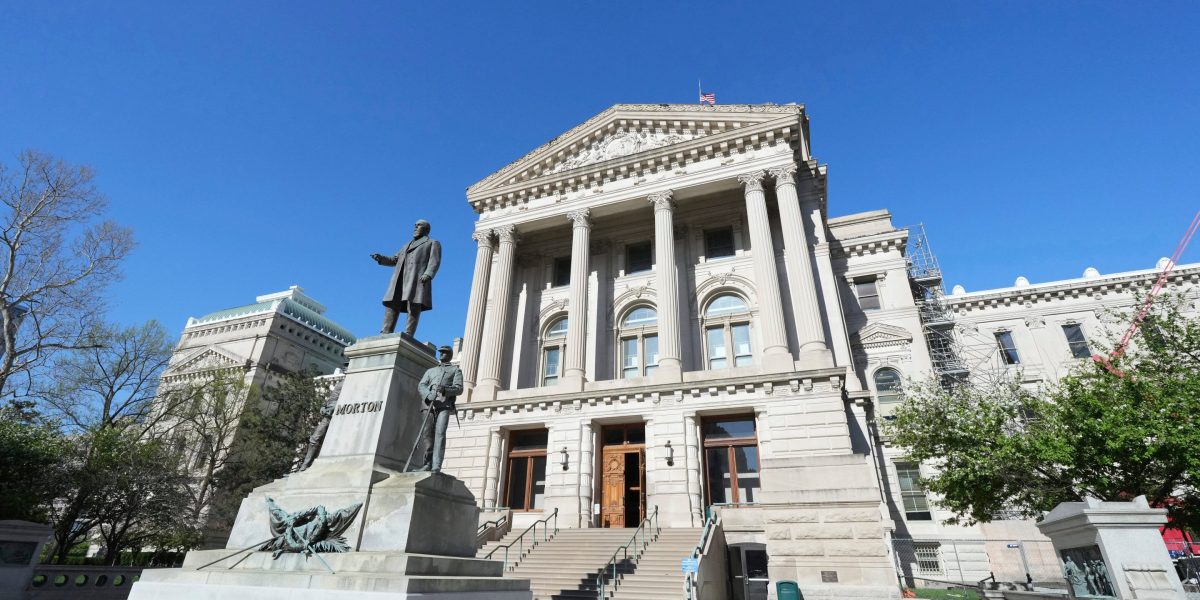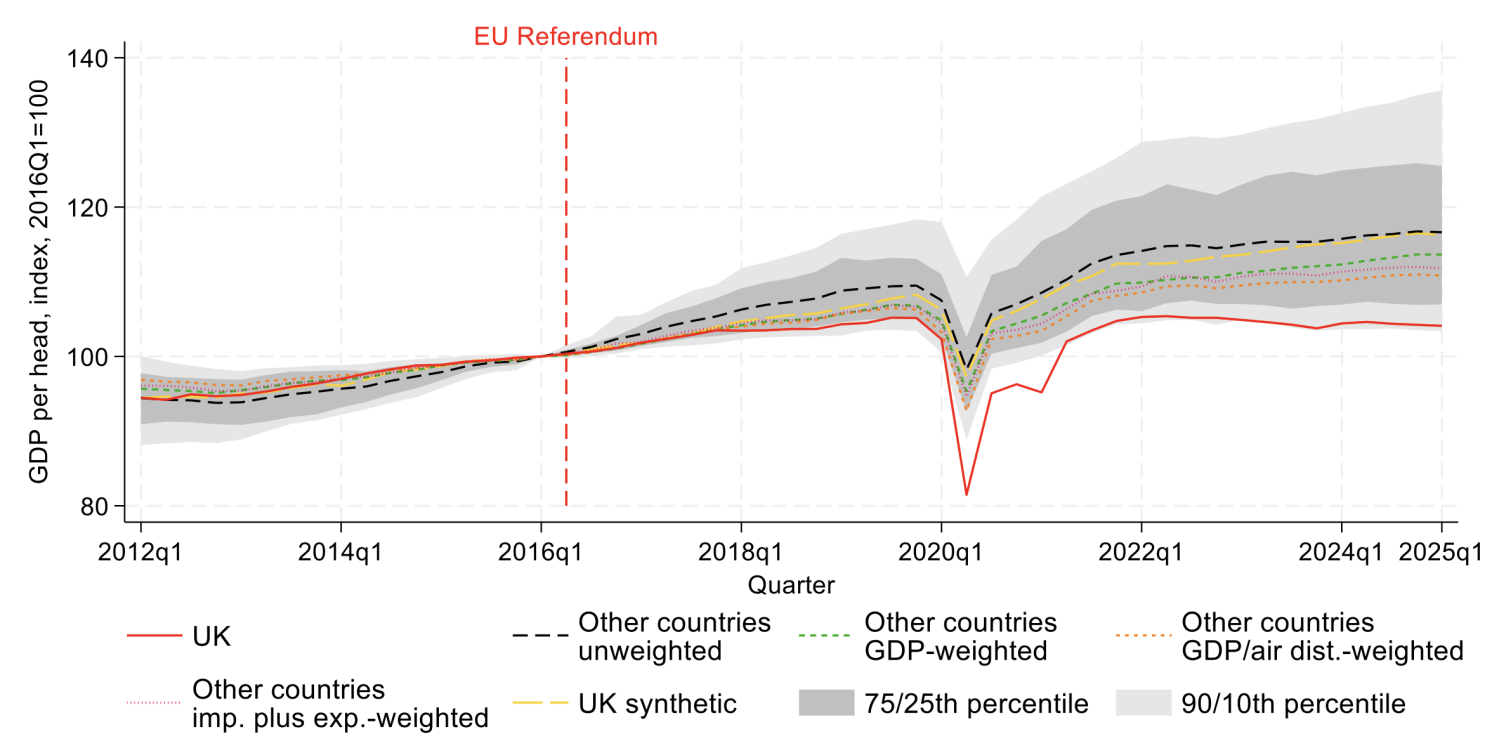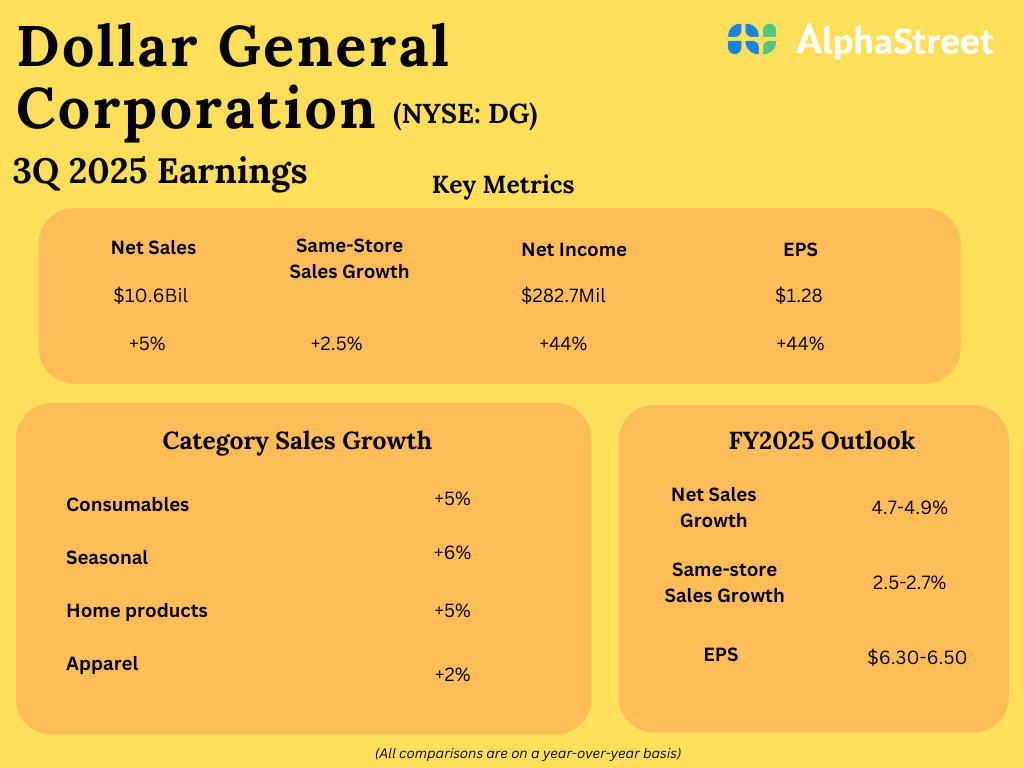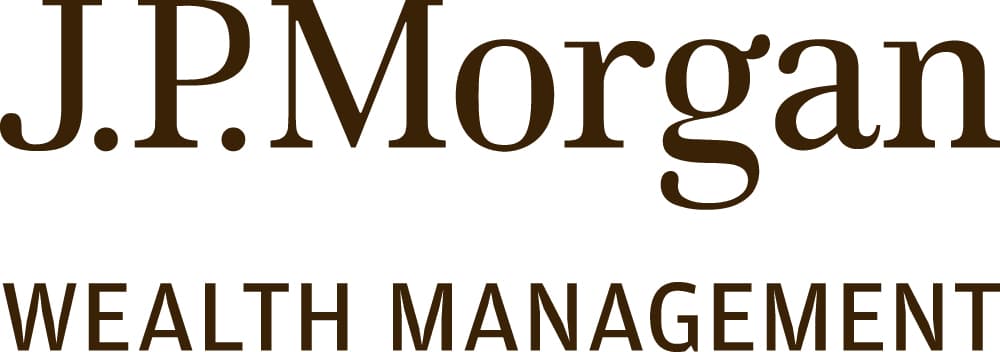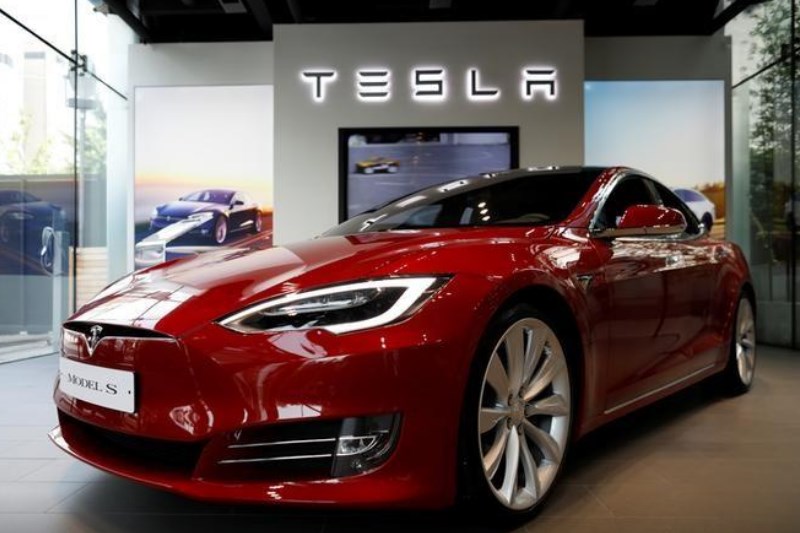SHANGHAI (Reuters) – Tesla (NASDAQ:) has considered plans for exporting made-in-China electric vehicles to the United States and Canada, two people with knowledge of the planning told Reuters, a step that would connect its largest factory to North America, its largest market.
Tesla has been evaluating whether Model 3 and Model Y electric vehicles made in Gigafactory Shanghai could be sold in North America as soon as next year, according to the people, who declined to be named because the process was confidential.
Tesla’s evaluation has included consideration of whether parts made by Tesla’s China-based suppliers would be compliant with regulations in the United States and Canada, they said.
The Shanghai plant has been working toward an initial plan for a small-batch test run of production of vehicles in the first quarter of 2023 that would be compliant with North American standards for potential export, one of the people said.
After Reuters published its article on Friday, Tesla Chief Executive Elon Musk, in a Twitter post, said “False” without elaborating. Contacted by Reuters, representatives of Austin, Texas-based Tesla did not comment or clarify Musk’s remark. A Tesla representative in China responded with a screenshot of Musk’s denial.
Reuters could not determine if Musk’s comment would affect the feasibility study Tesla had begun on exports from China to the United States and Canada, or the implementation of the plan.
The review of potential exports to North America from Shanghai had been developing as recently as the past two weeks, according to the people who spoke to Reuters and a memo detailing some of the steps being taken by the Shanghai plant to test its readiness by early 2023 that was seen by Reuters.
Tesla would not be the first U.S. automaker to ship made-in-China vehicles to the United States. General Motors (NYSE:) has imported the Buick Envision SUV and unsuccessfully petitioned for an exemption to 25% U.S. tariffs imposed by the Trump administration.
Until now, Tesla’s strategy has been to build the cars it sells in North America at its plants in Fremont, California, and Austin, Texas. Tesla’s Shanghai Gigafactory has the capacity to produce 1.1 million electric vehicles per year after an upgrade earlier this year, making it Tesla’s most productive manufacturing hub.
The Shanghai plant makes Model 3 sedans and Model Y crossovers to sell in China and for export to markets including Europe, Australia and Southeast Asia.
Until recently, Tesla had been selling or shipping for export every vehicle it could produce in Shanghai, but inventory levels rose by their largest margin ever in October, according to data from brokerage CMBI.
In addition, factors including a cheaper yuan against the U.S. dollar, lower raw material prices in China and the rise in Tesla and new-car prices in the United States have combined to make exports from China to the United States potentially cost competitive, the people with knowledge of the plans said.
The U.S. part of the export plan, if implemented, could create new complexity for Tesla buyers. Under the terms of a new electric-vehicle subsidy and production-incentive plan signed into law by U.S. President Joe Biden, the incentive available for an individual vehicle could vary depending on whether it was imported, analysts have said.
Tesla has been widely seen as one of the major beneficiaries of the Biden administration’s Inflation Reduction Act (IRA), which offers rebates of up to $7,500 on EV purchases as part of a law intended to push automakers to reduce their reliance on China.
Tesla said in a filing with the government of Ontario in July that it was working with officials there as part of an effort to set up “an advanced manufacturing facility” in Canada.
Tesla is also ramping up production at a plant it opened in Berlin earlier this year. Output from that plant will reduce the need for some exports from China, one of the sources said.
At the same time, the price gap between Tesla cars sold in China and the United States has been widening, reflecting both higher U.S. prices and new discounts in China. That means Tesla vehicles could potentially be exported to North America at a competitive price.
GRAPHIC: Tesla’s Sticker Shock (https://graphics.reuters.com/TESLA-DEMAND/zgvomqaayvd/chart.png)
In China, where CMBI analysts have warned of a coming “price war,” Tesla slashed the starter prices for Model 3 and Model Y in China by as much as 9% last month.
On Monday, it offered an additional rebate for buyers who take delivery this month and buy insurance from one of Tesla’s partners.
Tesla sells the Model Y for the equivalent of $49,344 in China, compared to the U.S. price of $65,990. China-made cars face a 27.5% U.S. tariff, while light-duty trucks face a 25% tariff.
China, the world’s largest auto market, imposes a 15% tariff on imported vehicles.
In 2018, before Tesla’s Shanghai plant was operating, Musk had asked then-President Donald Trump to raise tariffs on cars imported to the United States from China in order to achieve “a fair outcome” where both sides had equivalent and “equally moderate” tariffs.
($1 = 7.2511 renminbi)






